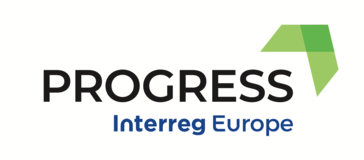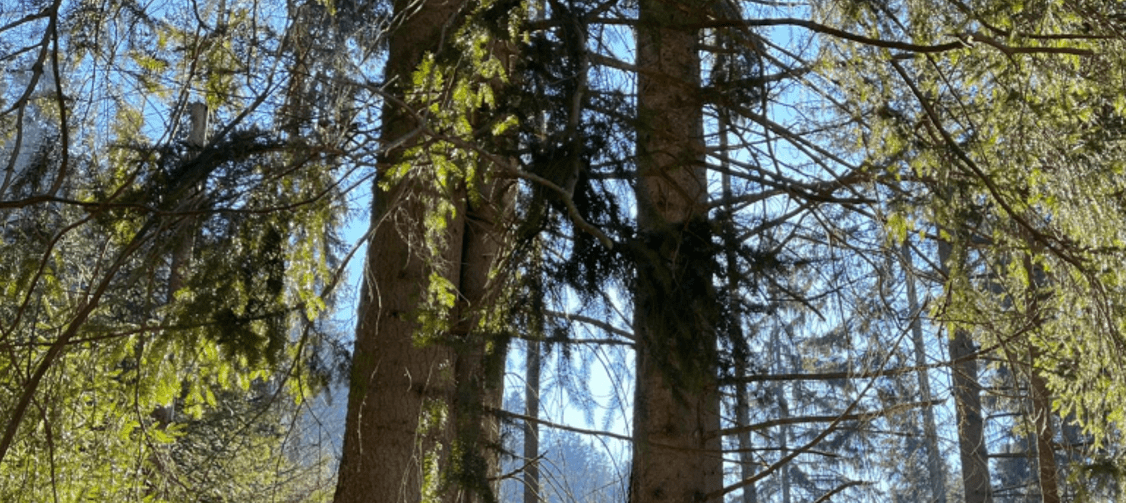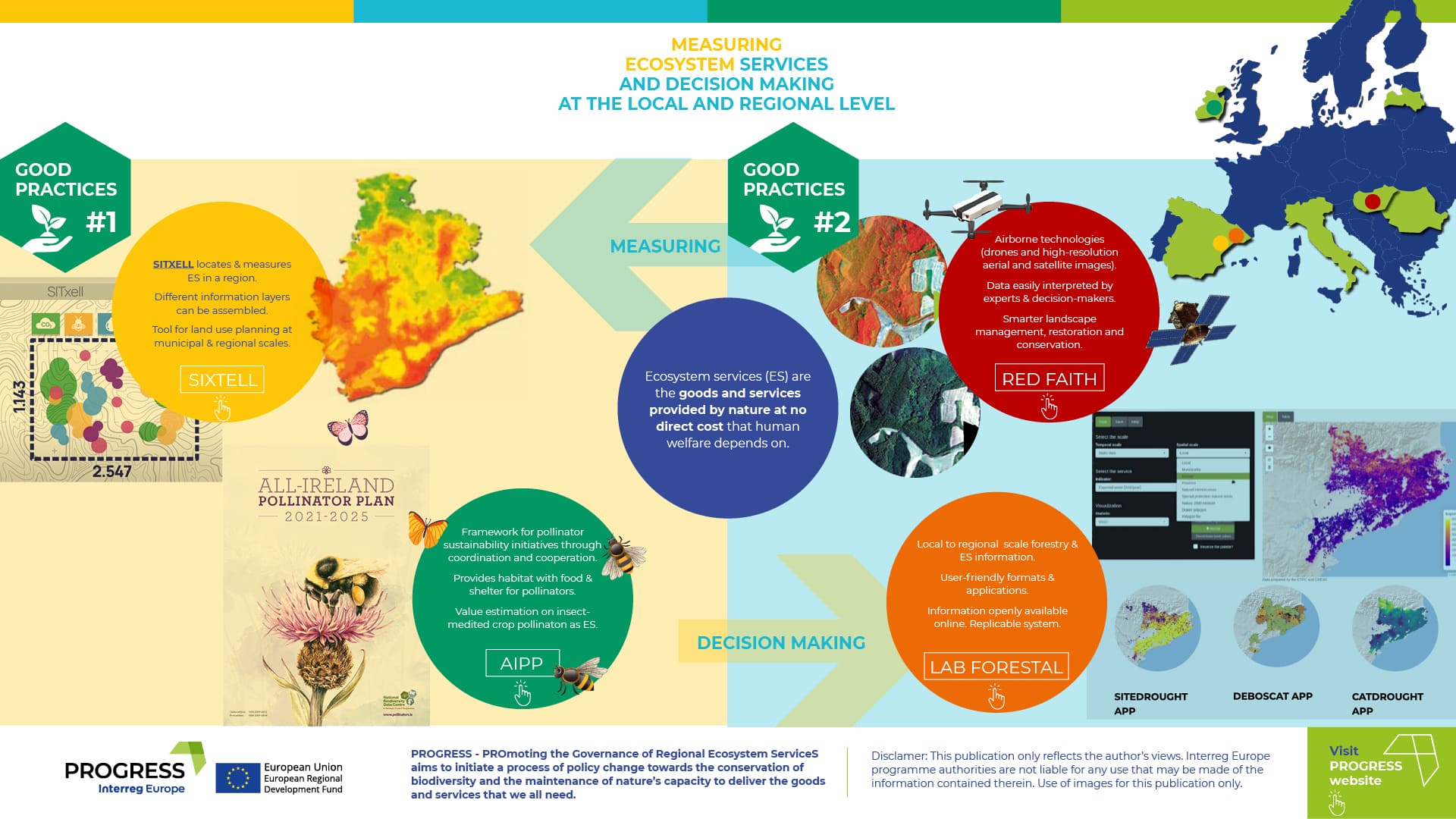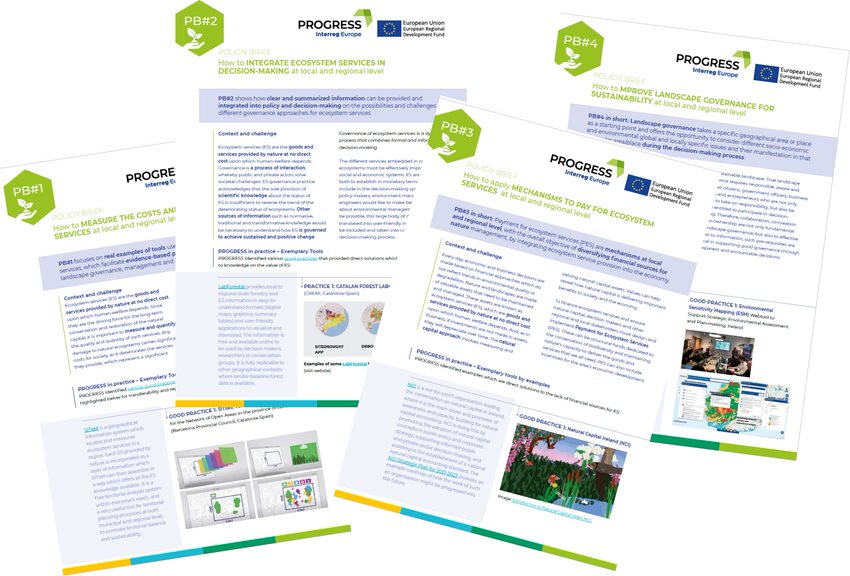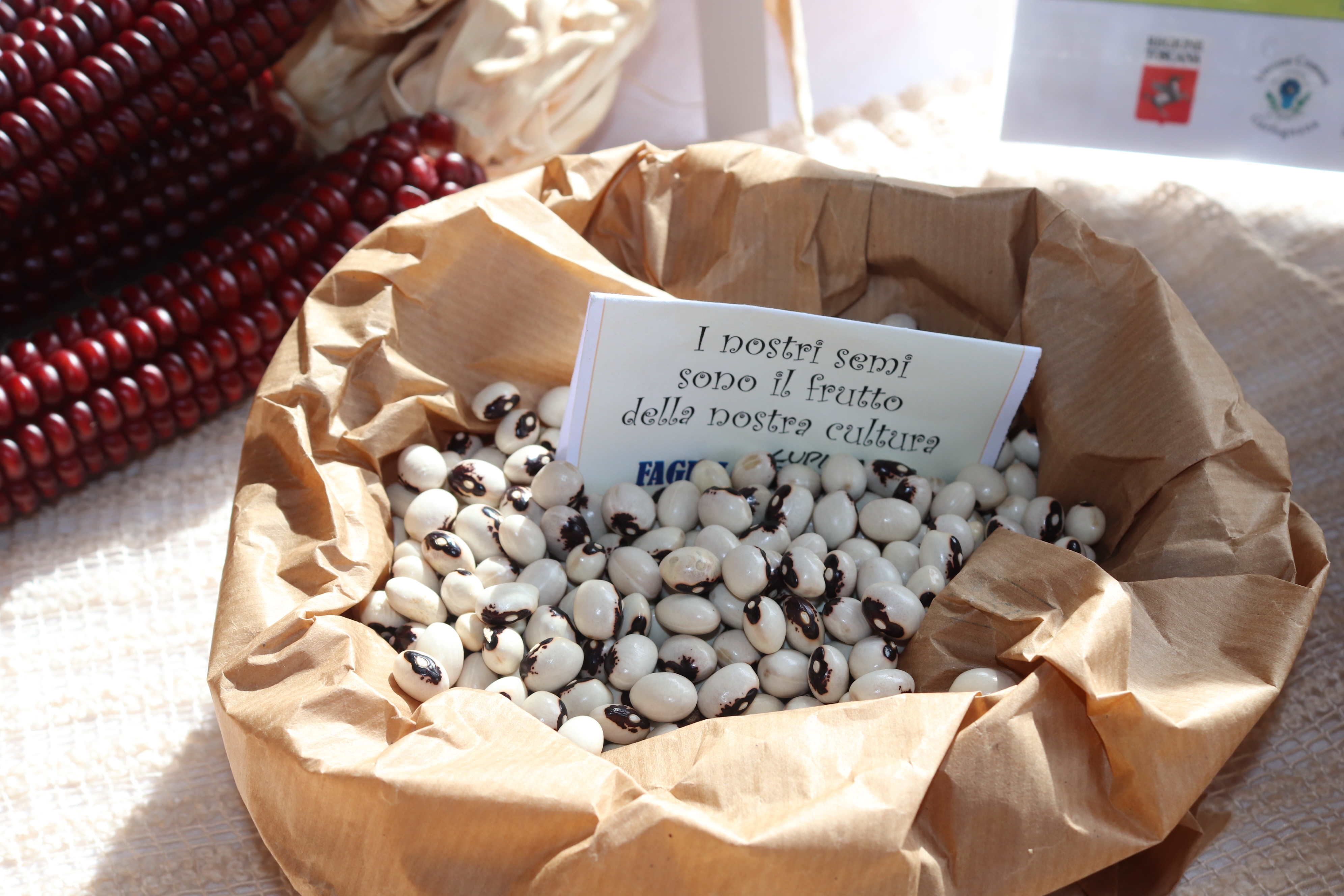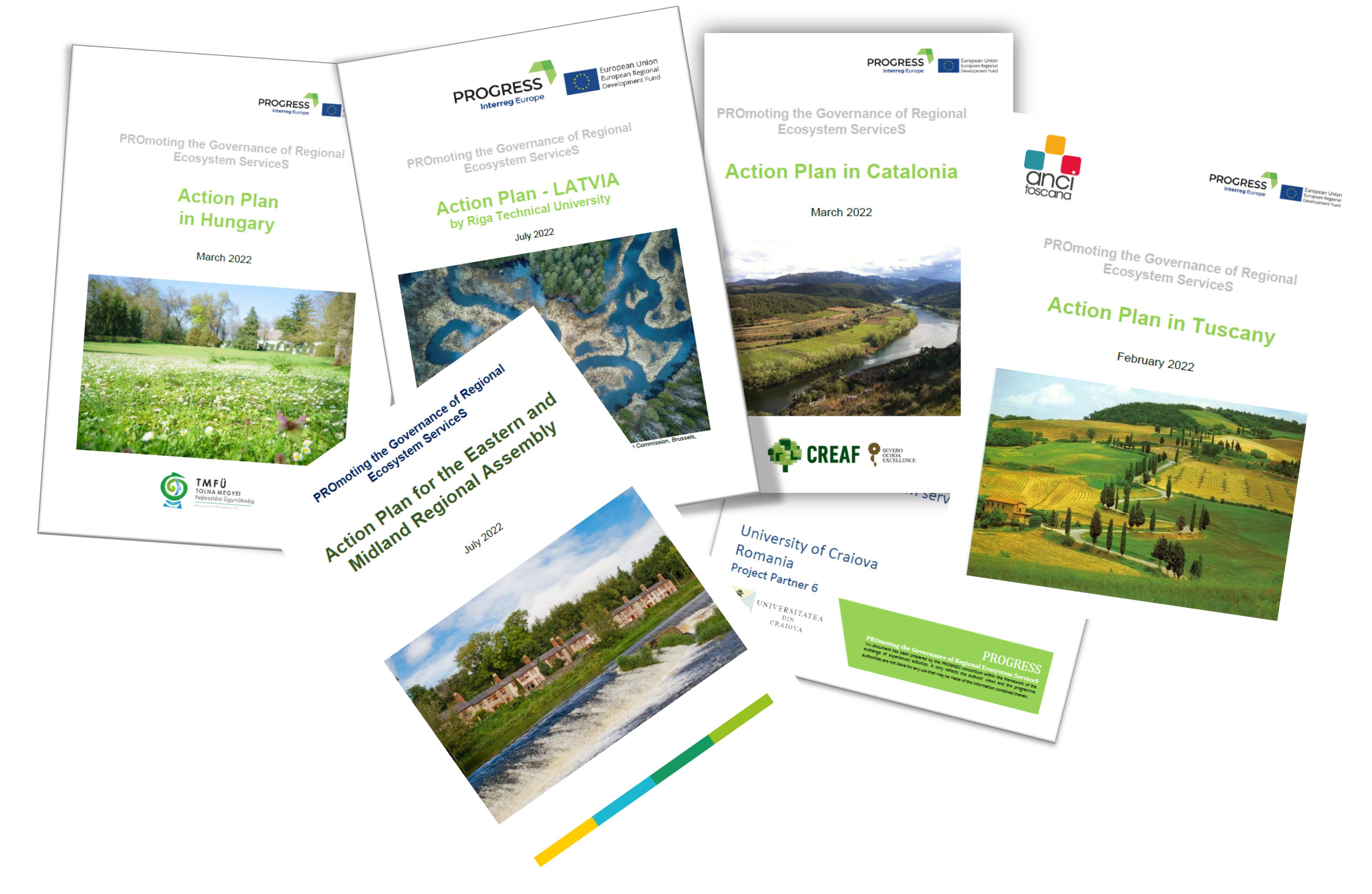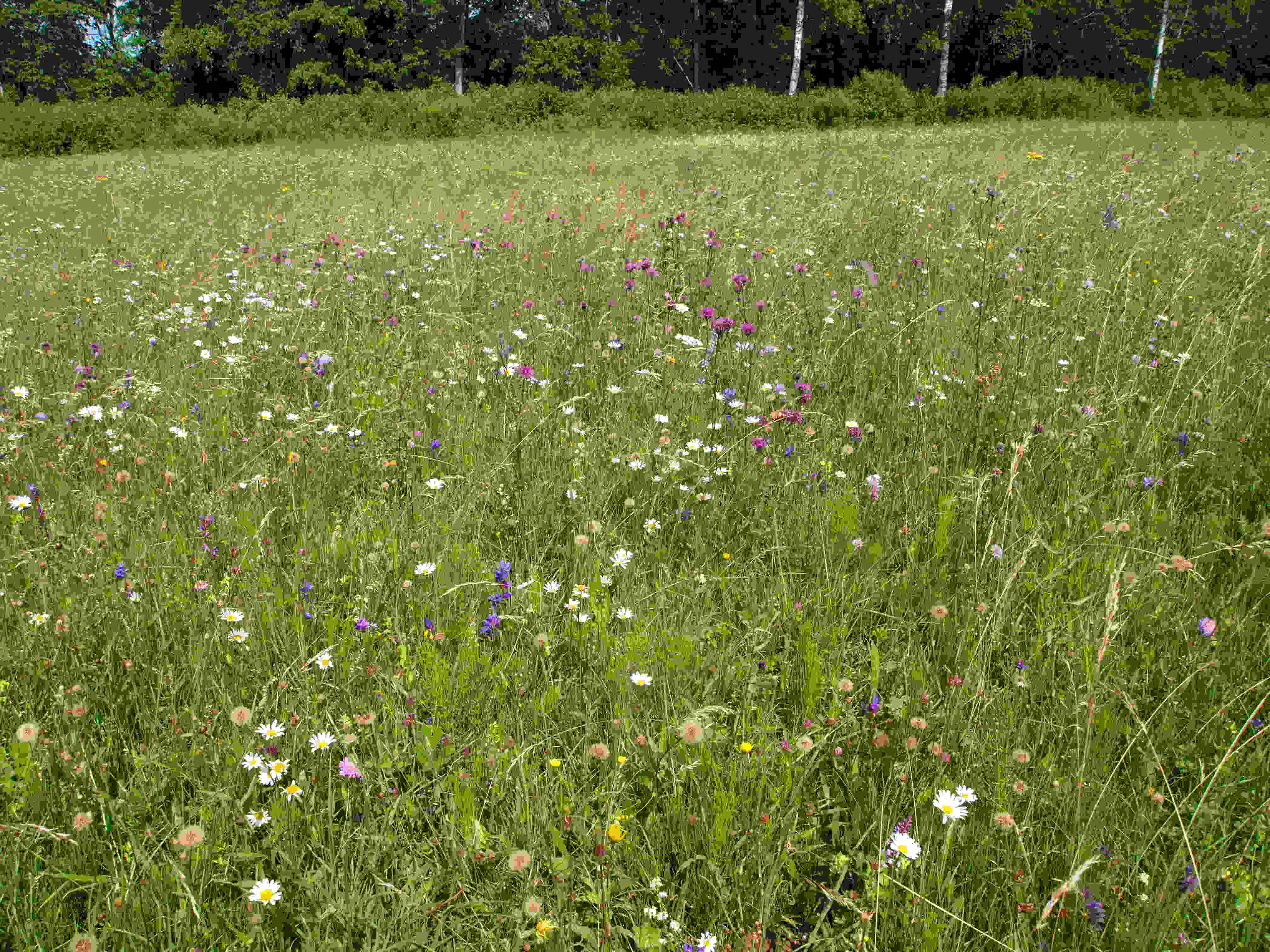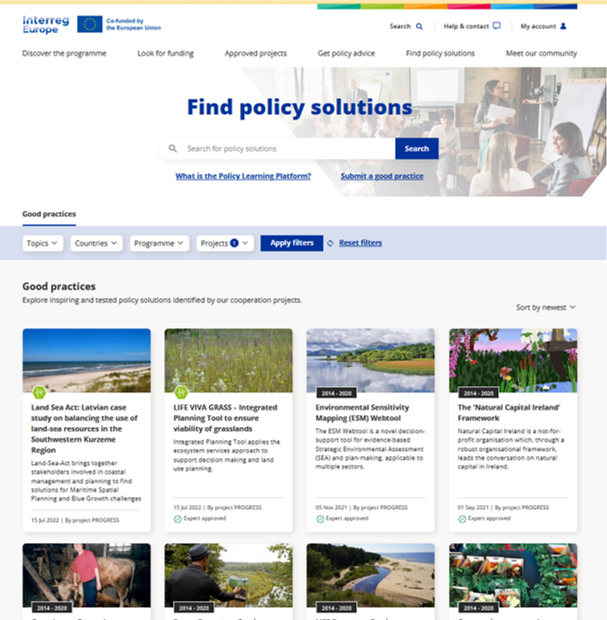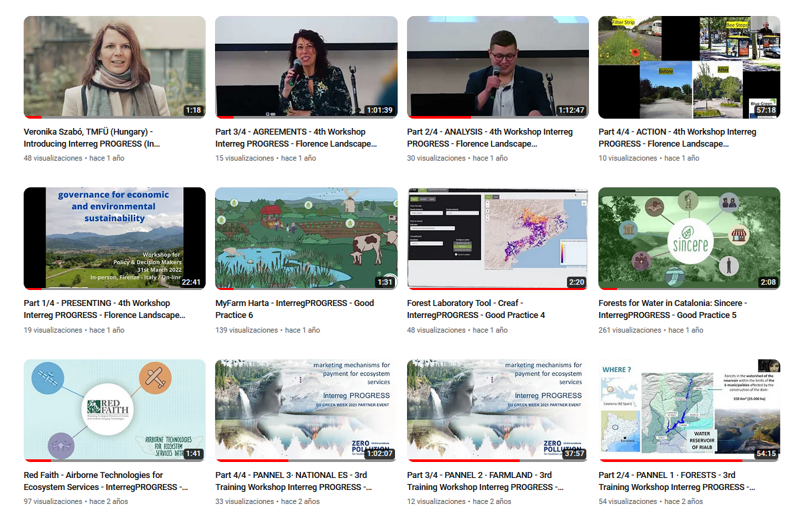In Florence (December 4, 2019), Riga (January 22), Craiova (January 23), Szekszárd (January 24) and Barcelona (February 28), the Interreg Europe PROGRESS project brought together scientists, associations and councils at the same table to choose the best practices regarding the measurement of ecosystem services.
Enrique Doblas (CREAF), coordinator of the Barcelona event, clarified from the beginning that “PROGRESS offers a unique opportunity to export our most successful experiences to the rest of Europe, but it has also served to bring us all together, so we take the opportunity to share and enhance our knowledge ”
Ecosystem services, from pollination to the nutrient cycle, depend on the maintenance of biodiversity and the functioning of ecosystems. Although they are the basis of our well-being, these are mainly public goods without price or market, which is why they are rarely considered by our economic system. Thus, taxes and incentives can in many cases lead to the destruction of our natural capital, even when it offers a sustainable flow of services for the economy and society. Therefore, politicians and managers must have the pertinent information and the necessary tools available to make better decisions and avoid the loss of our habitat. With this objective, different “Good Practices” were presented and discussed in relation to the measurement of the costs and benefits granted by ecosystem services. All over Europe there are excellent examples, which were presented by their respective leaders and discussed with interest by all the guests. The best two of each region would be presented to the rest of the European consortium.
Among the different points of discussion in the Italian agenda, several mayors from different Tuscany municipalities were informed about the PROGRESS project and discussed the contribution that it can provide to the territorial development of the mountain areas of Tuscany.
At the Latvia meeting, project manager Sanda Geipele introduced the project aim and its activities, supporting the exchange of experiences between stakeholders and involving experts. The project researcher Jānis Zvirgzdiņš presented the essence, examples and topicality of the project good practice in accordance with the four thematic study cycles foreseen in the project.
The Romanian opening was made by the Vice-Rector for UCV research. During the meeting were exposed examples of good practices carried out in different natural parks in the South - West Oltenia region by representatives of the Vâlcea County Council, of ANANP (National Agency for Protected Natural Areas), the County Centre for Nature Protection, Tourism and Durable Rural Development Dolj, custodians of the protected areas and many others.
The first Hungarian stakeholder meeting was organized by the Tolna County Development Agency. As the President of the General Assembly stated: protecting our environment to guarantee our future is a key task of the County Council. National level interventions were represented by the very interesting and ambitious “Mapping domestic ecosystem, mapping and analysing ecosystem services” project that aims to create a comprehensive ecosystem inventory of Hungary covering the full extent of the country.
Among the best practices discussed in Spain, the Territorial Information System of the Barcelona Province open spaces network, stood out especially. Introduced by Carles Castell (Barcelona Provincial Council), it is a great example of how information can help politicians make efficient decisions. Marga Pairs (Barcelona City Council) presented also the Socio-environmental Services for Barcelona's green spaces, which has already served to review the city's green corridors.
The selected good practices of each region will be presented at the European level during the first thematic seminar of the project, to be hold on March 31st. Which excellent examples pass the next round? Stay informed on the page of PROGRESS!
